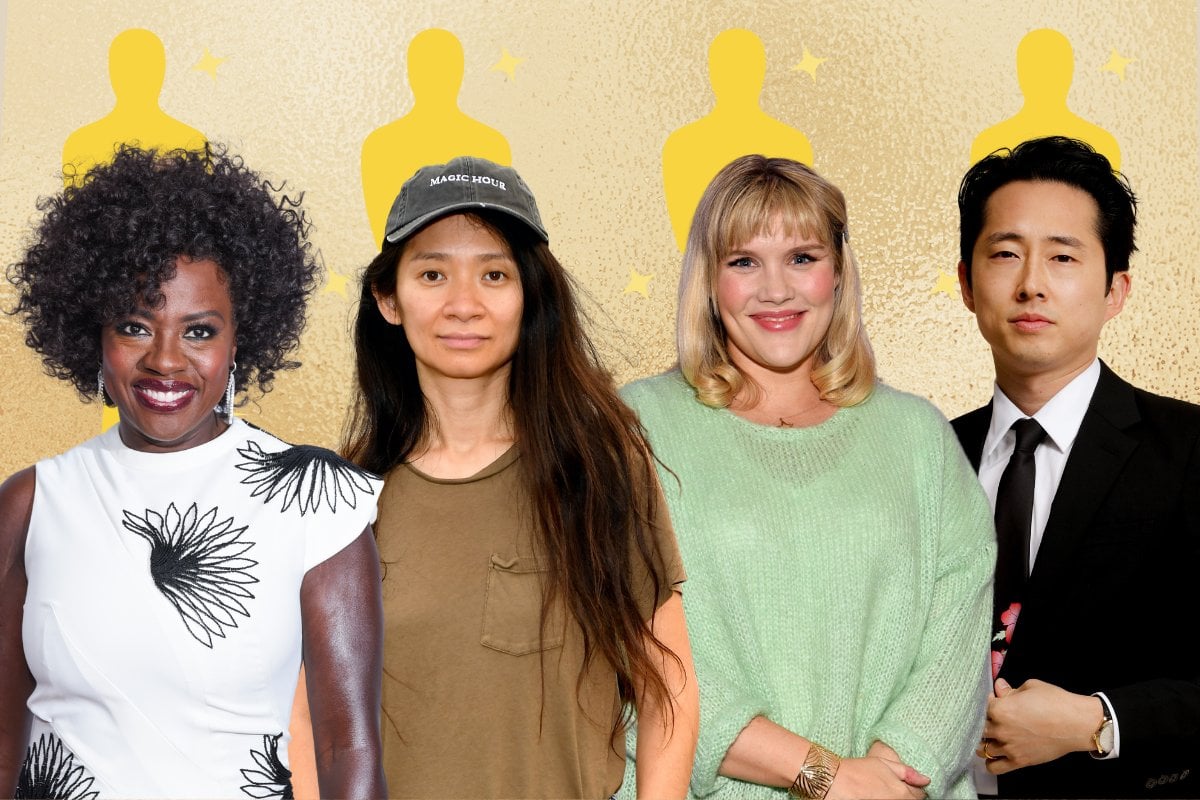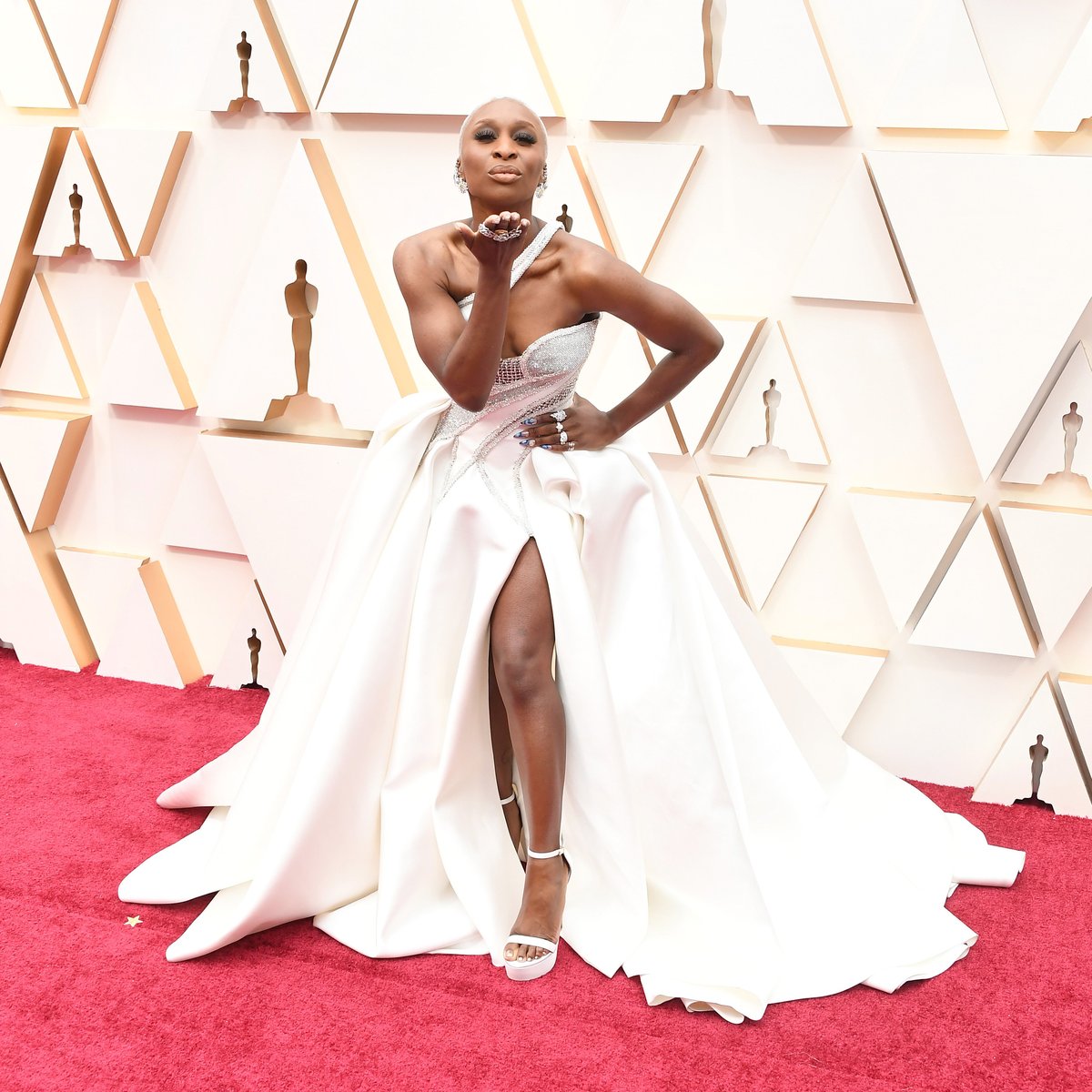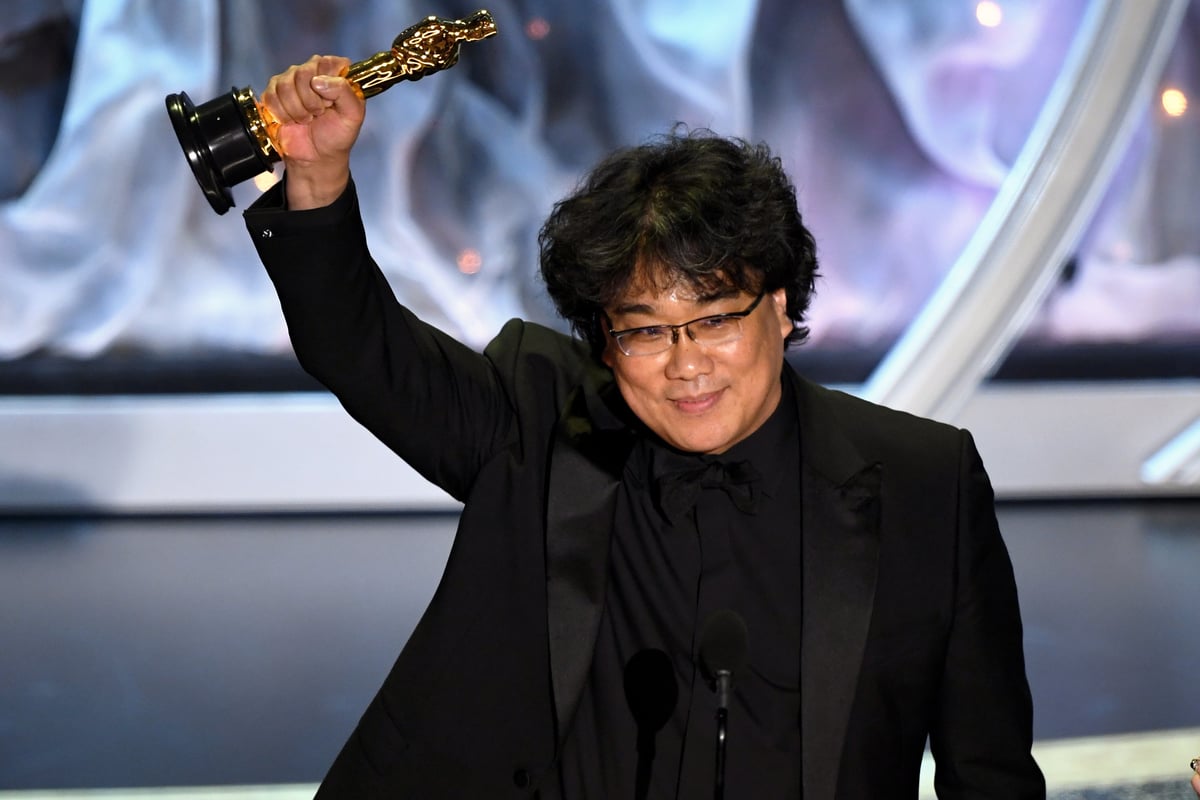
In 2015 and 2016, the Oscars saw entirely white acting nominees.
In response, the Academy of Motion Picture Arts and Sciences - the organisation that votes on the Oscars - aggressively tried to diversify its membership base, but in 2020 - yes, just last year - the awards barely escaped a repeat of those years, thanks to a single non-white acting nomination for Harriet star Cynthia Erivo.
#OscarsSoWhite, indeed.
Watch: Chris Rock's opening monologue at the 2016 Oscars. Post continues below video.
Thankfully, 2021's nominations look different.
For the first time in the Academy Awards' history, two women - Nomadland's Chloe Zhao and Promising Young Woman's Emerald Fennell - have been nominated in the best director category. Zhao also became the first non-white woman to score a nom.
It took 93 years, but FINALLY, this year is the FIRST TIME EVER more than one woman was nominated for Best Director in the same year.
— Women and Hollywood (@WomenaHollywood) March 15, 2021
Congrats Chloé Zhao and Emerald Fennell! #Oscars #OscarNoms pic.twitter.com/V8NlkOZh7S

